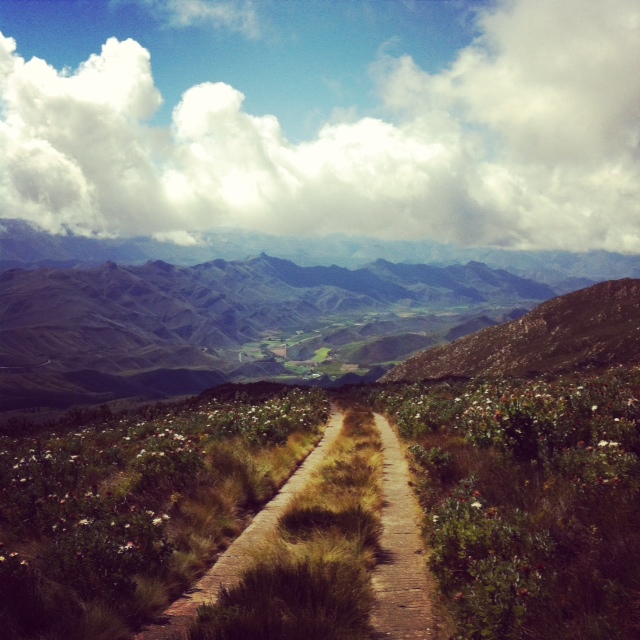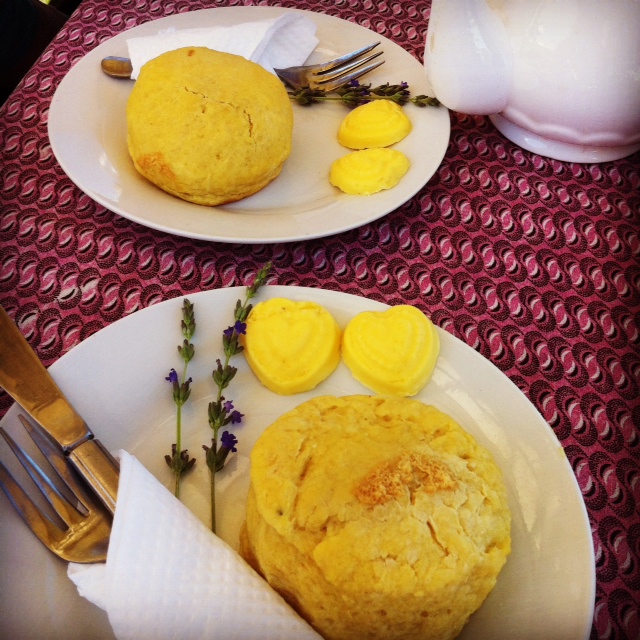
A few nights back I started reading a Rayda Jacobs novel where she keeps referring to Gatsbys and I realised I’ve never eaten a Gatsby and it’s about time I did so I know what Rayda is talking about. So, I asked on Facebook where I can find the best Gatsby in Cape Town and some American friends of mine joined in the conversation and apparently in France it’s called an Americano and it’s made with burger patties instead of polony or steak or curry. But what was interesting was when I tried to explain how come I’ve never eaten this quintessentially Cape Town sandwich before, loving all things local as I do. And I kept starting and then deleting my comment because I didn’t know how to say it: that Gatsbys are coloured food and white people just don’t eat them. It’s funny trying to explain your country to foreigners and realising, anew, how mad it all sounds (how mad it all is).
But, that’s the gospel truth, isn’t it? They’re poor food; working class fair. We mlungus might go into a café that sells them, but we’ll buy a samoosa or a chicken pie and a can of diet coke. Not a Gatsby. And I started thinking about that and how, a while ago, I had to attend a conference in Bridgetown and we white people looked at each other in bemusement. There’s a Bridgetown in Cape Town? Who knew? Well, a lot of people, it turns out. The people who eat Gatsbys. Bridgetown is in Athlone, and while all the coloured people in the world will know where Camps Bay is even if they’ve never been there, the vast majority of white Capetonians will never go to Athlone. Unless they got drunk at Forries and made a wrong turn off Klipfontein Road and pooped themselves when they realised.
And it’s interesting how the apartness a lot of us grew up with is reflected in our food. Black people eat samp and pap; white people eat fish and salad. When I lived overseas people would ask me what South African cuisine was, and it’s an impossible question to answer unless you précis it with a summary of the socio-political history of our country. Because there is no ‘South Africa’ in the sense they were meaning. There are pockets of disparate people whose lives are vastly different in terms of what they can expect to achieve; the dreams they dare to aspire to, and the food they can afford to eat.
Strangely enough, the thing that helped me understand the Swedes I was living amongst was when I started cooking Swedish food. The food of a nation says a lot about their passions and preferences and who, quintessentially, they are. Northern Europeans might appear cold on the outside, but bite into a warm-from-the-oven saffron bun on a frigid December morning and you know, underneath their chilly façade, beats the warmest of hearts. And when we break bread with one another we also break through barriers. Which is, I think, one of the reasons I insist on serving chakalaka at braais. It’s my private little rebellion against the repressive norms of my apartheid childhood. (And also because it’s delicious).
And, I guess, what propels me to put my 68-year-old mother in a car and drive us to Miriam’s on Adderley Street on a Tuesday morning in search of the perfect Gatsby in lieu of our regular coffee. And I guess it’s about needing to step out of my own little pocket; trying not to be so precious and white all the time. And I don’t assume for a moment that ordering a chip roll will change the world; I just mean we must try and be mindful of where we come from and the assumptions we make, and that there are worlds of experiences out there and a wealth of lessons at our fingertips if we can remember to open our minds and our hearts to them. It’s like, if you take the courage to break through the boundaries of what you order for lunch, maybe some other boundaries will be broken down too in the process. I don’t know.
I invited my friend Zulfa along as she’d joined in the Facebook conversation and seemed to be a bit of a Gatsby expert, and every time I see her she reminds me of the time I went to visit her at her home in Athlone and, being the type who can’t find her way out of Cavendish square, naturally I got hopelessly lost. With a dead cell-phone and driving around aimlessly with two children in an area which (to my mind) could only be teeming with murderers and rapists, my anxiety increased about a hundred-fold when I realised I was being followed by a strange man in a car. Not only followed, but he was making hand gestures and seemingly trying to pull me over. While I tried my best to get away from him, my Toyota Tazz didn’t have enough power and for endless, excruciating minutes, I had to watch this man wave his arms as he threatened to bludgeon us all to death.
When, by some miracle, I finally found the right house, I was surprised to see the scary man from the car sitting at the kitchen table having a cup of tea. It was none other than Zulfa’s sweet, gentle giant husband, Moegamat, who’d ventured out in a quest to rescue what could only be the lost and hysterical blonde chick. Shame. This is how mad this country makes us. I still cringe when I see him. But, back to the Gatsby: It was bigger and spicier and more delicious than even greedy-guts, curry-loving me had expected. And while I tried to eat it with my hands – never mind one hand as is the Muslim way – within three bites I knew if I didn’t resort to my knife and fork it was going to become a soggy mess. The steak was tender and flavourful, the chips were crisp and spicy and the sautéed onion tied it all together perfectly. It might not be the healthiest of meals, but some food is soul food and, when eaten while laughing and sharing life stories with people you love it becomes some of the best medicine in the world.












